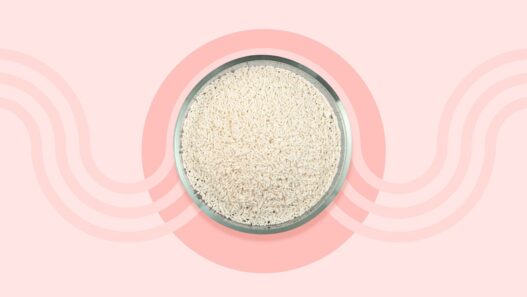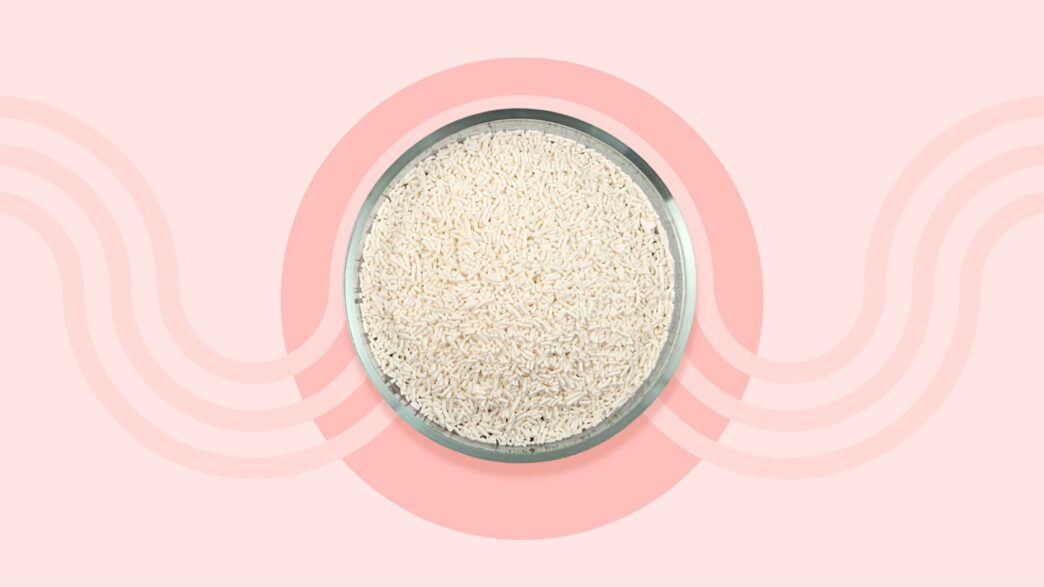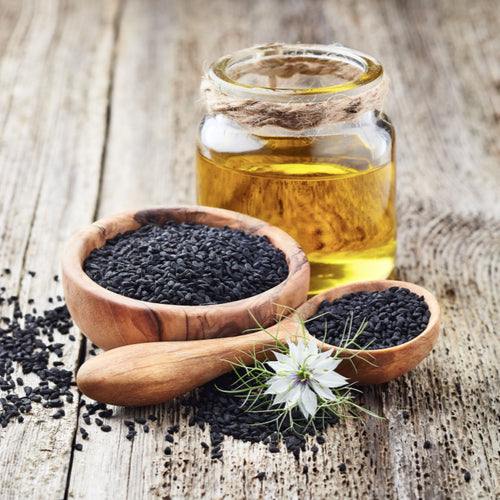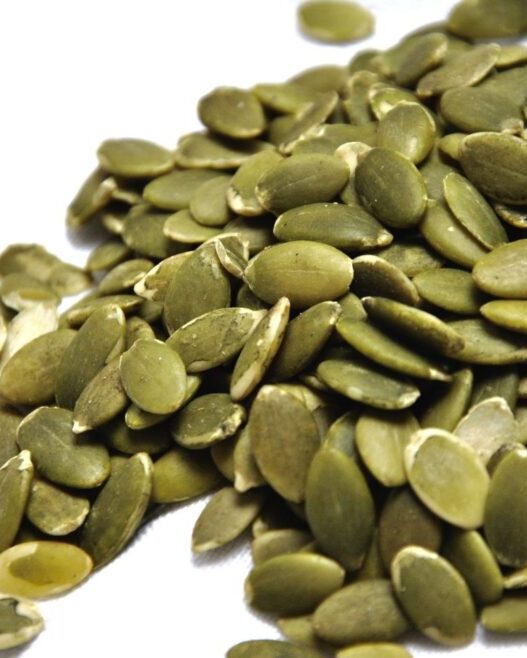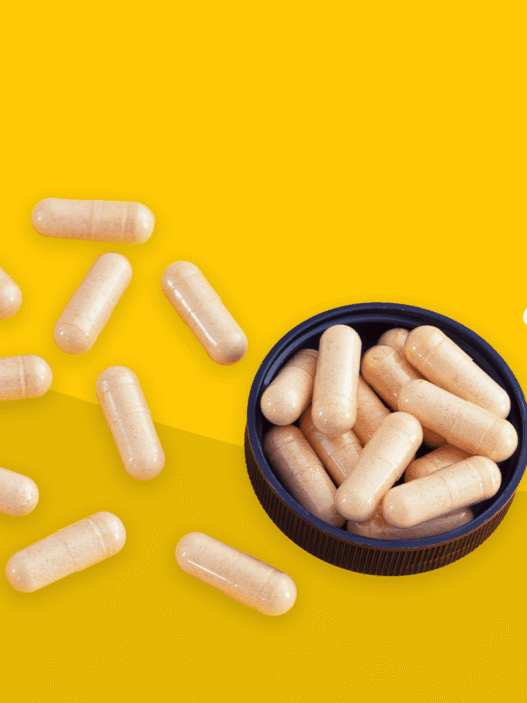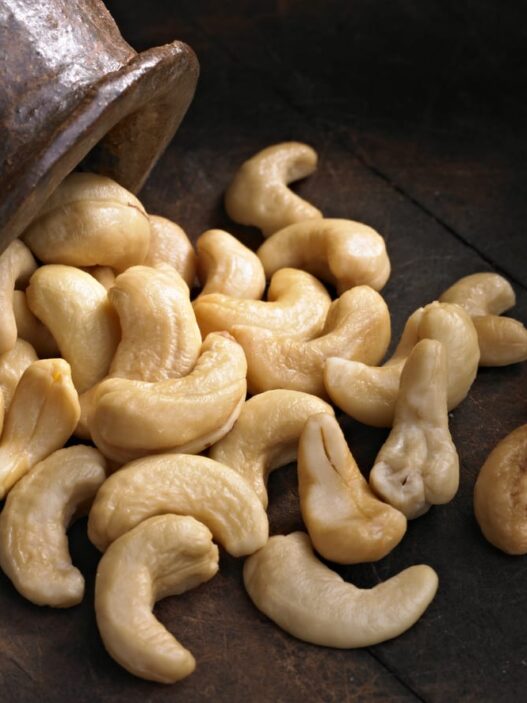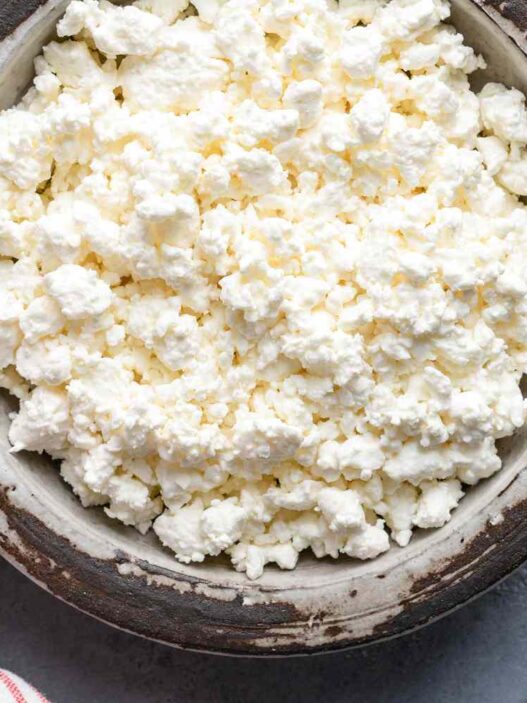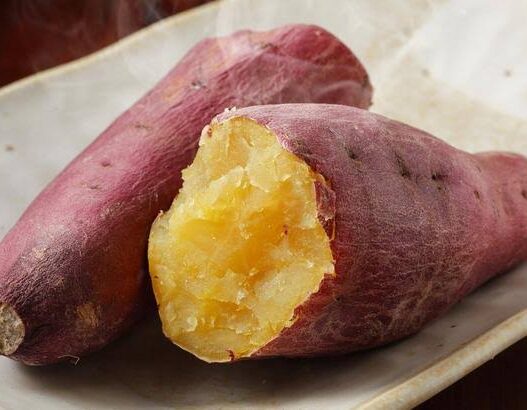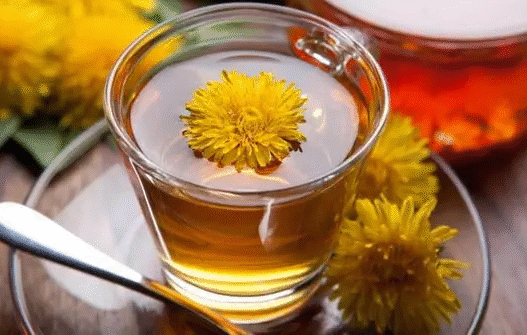A preservative called potassium sorbate is used in a variety of packaged foods to prevent them from spoiling due to bacteria and fungi, specifically mold or yeast. But you might think, is potassium sorbate bad for you?
Isabel Maples, MEd, RDN, a dietitian in Haymarket, Virginia, explains:
“Potassium sorbate is used to help make food safe by curbing microbial growth. It’s there to help extend shelf life.”
It is derived from sorbic acid, which is present in mountain ash tree berries naturally. This preservative was initially applied by the French in the 1850s to stop mold from growing on a variety of foods. It is now mostly made by humans in a laboratory, and experts say that it is safe to eat and consume.
Continue reading this article to find out what foods generally contain this preservative, is potassium sorbate bad for you to eat or not, and whether there are any negative or side effects or safety issues.
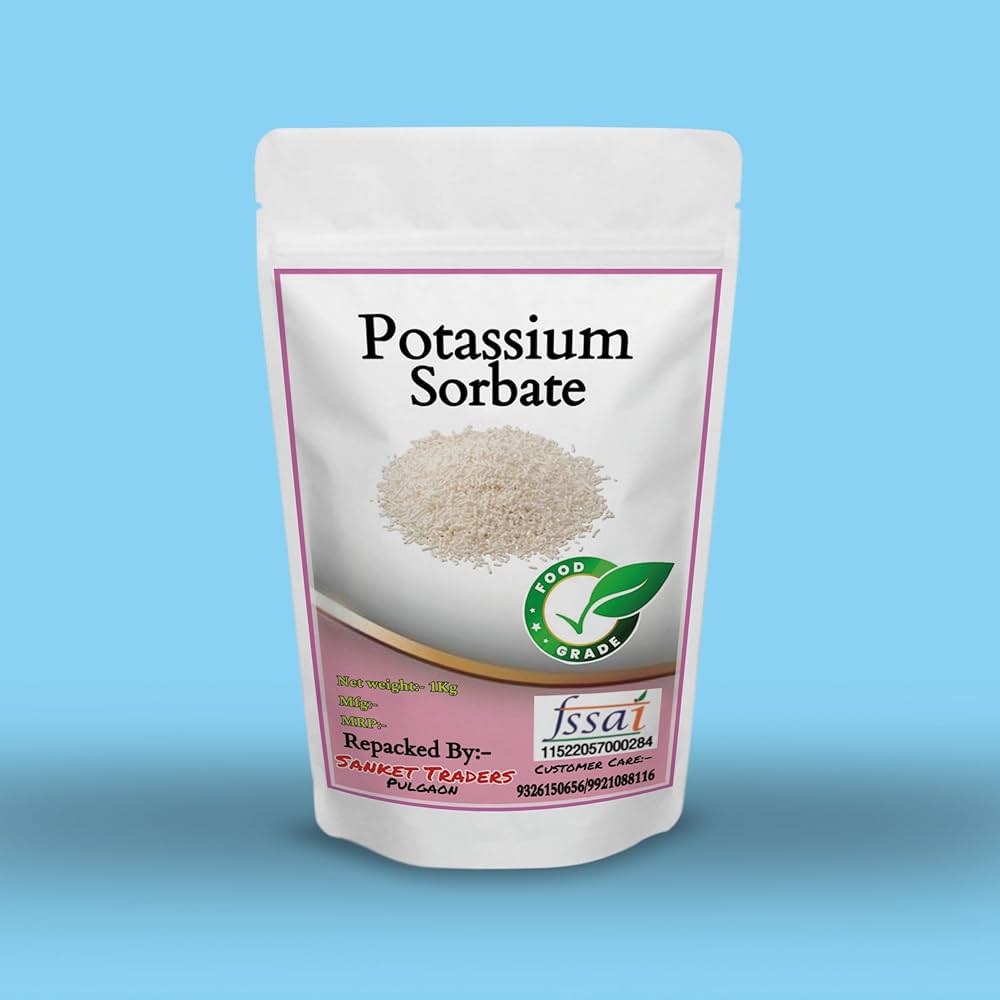
Foods That Contain Potassium Sorbate
This is listed as an ingredient in a lot of everyday items. Because it works well and doesn’t alter a product’s flavor, aroma, or appearance, it is a widely used preservative. It functions at room temperature and is soluble in water.
Numerous food items may contain it, including:
- Apple cider baked products
- fruits and veggies in cans
- Cheeses
- dehydrated meats
- Pickles and dried fruit ice cream
- Juices and soft drinks
- Yogurt and wine
Additionally, it is used as a preservative and antibacterial in personal care products like:
- Contact lens solution, moisturizers, makeup, and other cosmetics
Additionally, potassium sorbate is authorized for safe use as a preservative in other animal feeds and wet cat and dog diets.
Is Potassium Sorbate Bad For You?
Generally speaking, the answer is no. Potassium sorbate is typically safe to consume, according to the U.S. Food and Drug Administration (FDA) and the advocacy group Center for Science in the Public Interest.
The body doesn’t accumulate the additive. Rather, it decomposes into water and carbon dioxide. The European Food Safety Authority also determined in 2015 that a safe daily dietary limit of potassium sorbate is three milligrams (mg) per kilogram (kg) of body weight.
One kilogram is equivalent to 2.2 pounds (lb) for comparison. Therefore, 204 mg of potassium sorbate per day would be appropriate for a person weighing 150 lb/pounds.
It is unlikely that you will go over this upper limit because potassium sorbate is usually used in modest amounts and federal authorities have already set restrictions for its usage in food products.
In general, foods might have 1,000-2,000 mg of potassium sorbate per kilogram of weight. Therefore, you should consume almost 170 mg of it if you eat about 6 ounces (or 0.17 kg) of flavored yogurt that has almost 1,000 mg/kg of potassium sorbate.
Furthermore, recent studies on mice indicate that even prolonged exposure to potassium sorbate is safe as long as there is a “washout” period (the time after which the drug is no longer consumed), suggesting that the preservative is safe to use as part of a healthy diet.
According to Maples, “It’s very safe. It’s been in use for a long time.”
It is really one of the most commonly used food preservatives worldwide.
In addition to being regarded as safe, it shields customers from some potentially harmful germs. It extended the shelf life of apple jam and inhibited the growth of Staphylococcus aureus and salmonella in one in vitro investigation.
Side Effects
Although allergic reactions are uncommon, some evidence indicates that potassium sorbate may cause one. When used in personal care products, the chemical may also cause skin irritation.
Stop eating or using the product that caused the adverse response if you feel any of the following symptoms: mouth tingling, swelling, itching, or hives. Additionally, if you experience severe allergic reactions, such as breathing difficulties or face swelling, you should always get medical help.
Should You Avoid It?
It can be quite difficult and challenging to avoid potassium sorbate if you want to cut it out of your diet because it is included in so many packaged and processed goods that we already consume in our daily life.

By reading ingredient labels and, if at all feasible, selecting foods free of the preservative, you can minimize your exposure.
Consuming more handmade and whole meals can also be beneficial. You’re more likely to know exactly what’s in food when you make it yourself.
Conclusion
Is potassium sorbate bad for you? No, it is not. It is one of the commonly used preservatives in packaged and processed foods, including many baked goods, drinks, and dairy products. It helps to prevent the formation of mold and germs.
Experts believe this preservative is typically safe and suitable for intake.






